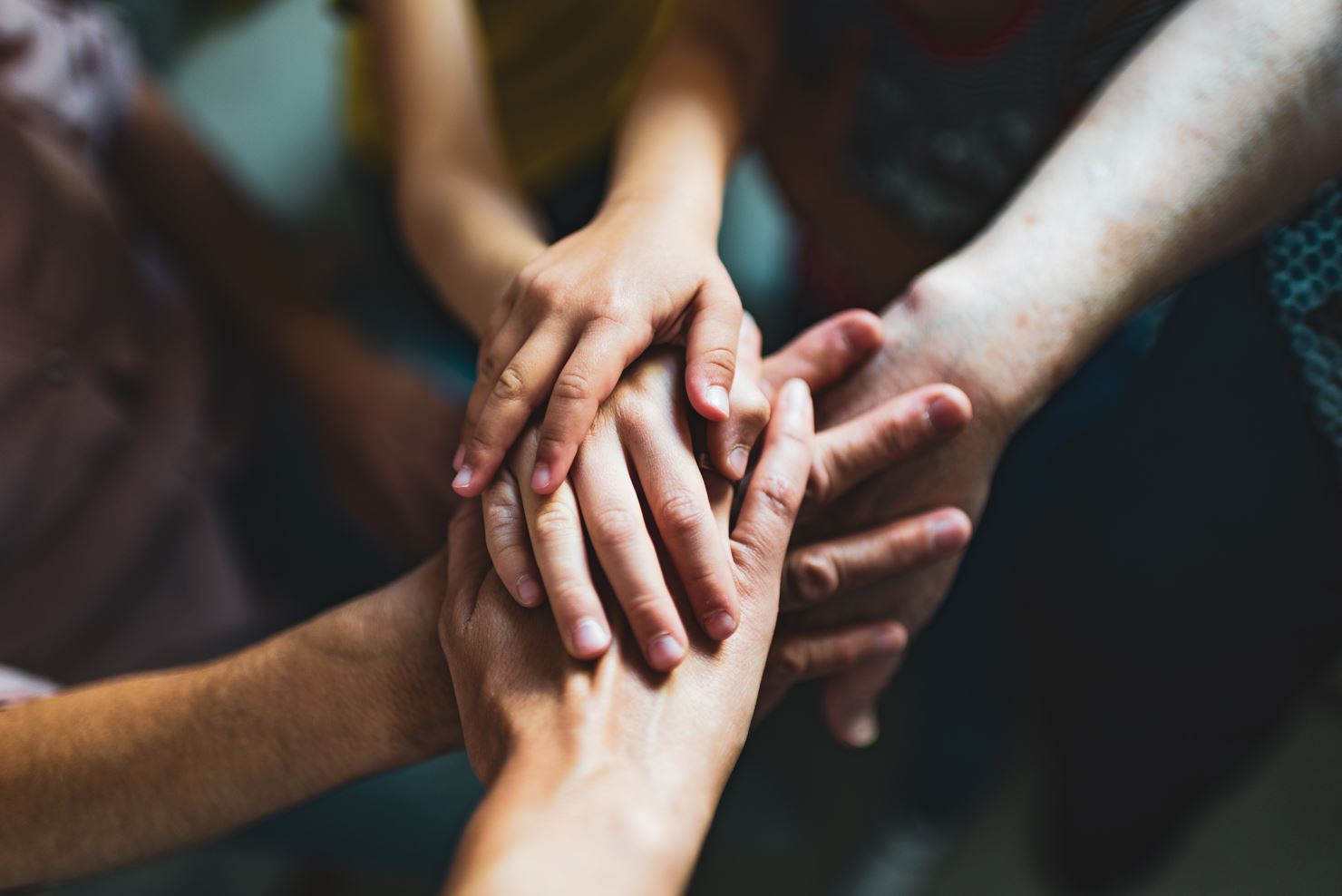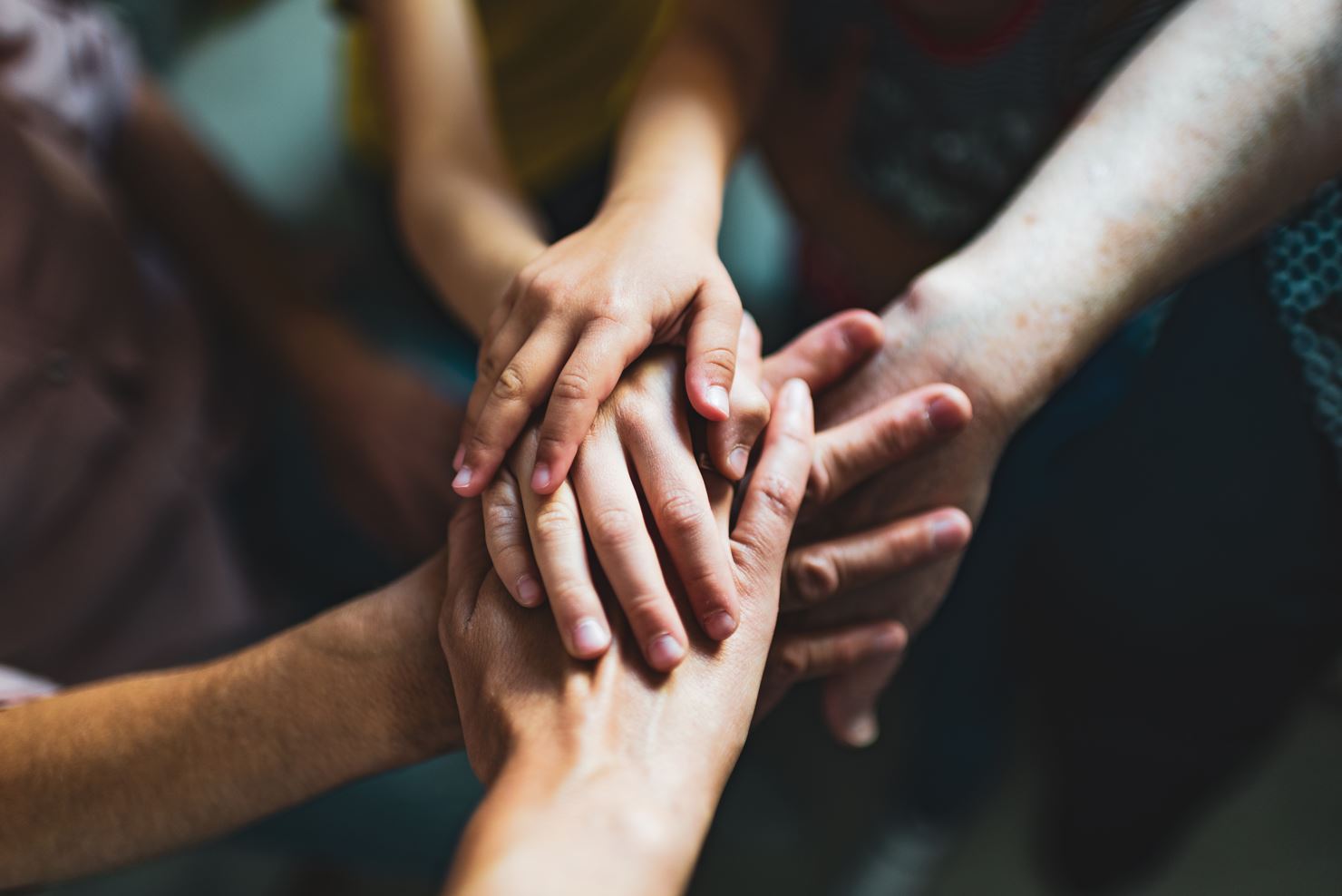What you can do to support loved ones with memory loss
Like many people, I visited extended family during the holiday season. This year, it was New Year’s Eve with the grandparents, who live several hours away — though we’re all at the point where the new year celebration was waking up at 11:55 p.m. to watch the ball drop on YouTube, then going back to bed. (It wasn’t all that boring: Everyone got together earlier on New Year’s Eve for a nice dinner, and we played some games together.)
One thing I did notice during this visit is that grandma is showing some of the signs of dementia. Thanks to the education I’ve received from the staff at Centrica Care Navigators, I have a better understanding of what memory loss includes than I once did.
- She’s sleeping much more than before, sometimes falling asleep in front of the TV after just a few minutes of watching.
- She confuses one person for another, even if they’re in the same room.
- She loses track of a conversation she’s having sometimes, and has to be reminded of what the discussion was about.
Those kinds of things happen to everyone now and again — but when they happen regularly, it can be an indication of memory loss.
She isn’t ready for hospice care yet, or even a palliative care program, but she does need some assistance. Here’s what the rest of the family is doing to help make her living conditions better.
Many of these are suggestions from the Best Friends Approach, a program Centrica Care Navigators uses while educating about memory loss and patient care.
We keep her involved
Grandma eats dinner with the family and likes to hear about what’s happening in the lives of her children and grandchildren. Sometimes we need to speak a little loudly or wake her back up to finish the meal, but she’s still part of conversations and enjoys participating when she can.
We follow the guidelines of medical professionals
It took some convincing to get her to go to the doctor, but once she did, we’re following their instructions consistently. She stays active, going for brief walks around the house, and takes her prescribed medication in the morning and the evening.
We use encouragement and patience
Those walks around the house take some time, and grandma needs assistance taking a bath these days. Everyone pitches in by telling her she’s doing a good job, and encouraging her to keep walking until she finishes the handful of laps she needs to make each day.
Taking the time to properly help her with these necessary tasks, especially when it has to be balanced with work, meals, and everything else, can be a challenge. The key, we have found, is to try and take turns, with one family member or another spending one-on-one time with her.
Maybe the most difficult part of this entire experience was realizing that grandma’s situation has changed.
She isn’t as active and involved in everyone’s lives as she once was. She doesn’t cook the big meals she once did. Things are different now, but she is still grandma, and still a part of the family.
Discover more about hospice care here on our website, join us on social media, or call us at 269.345.0273.




